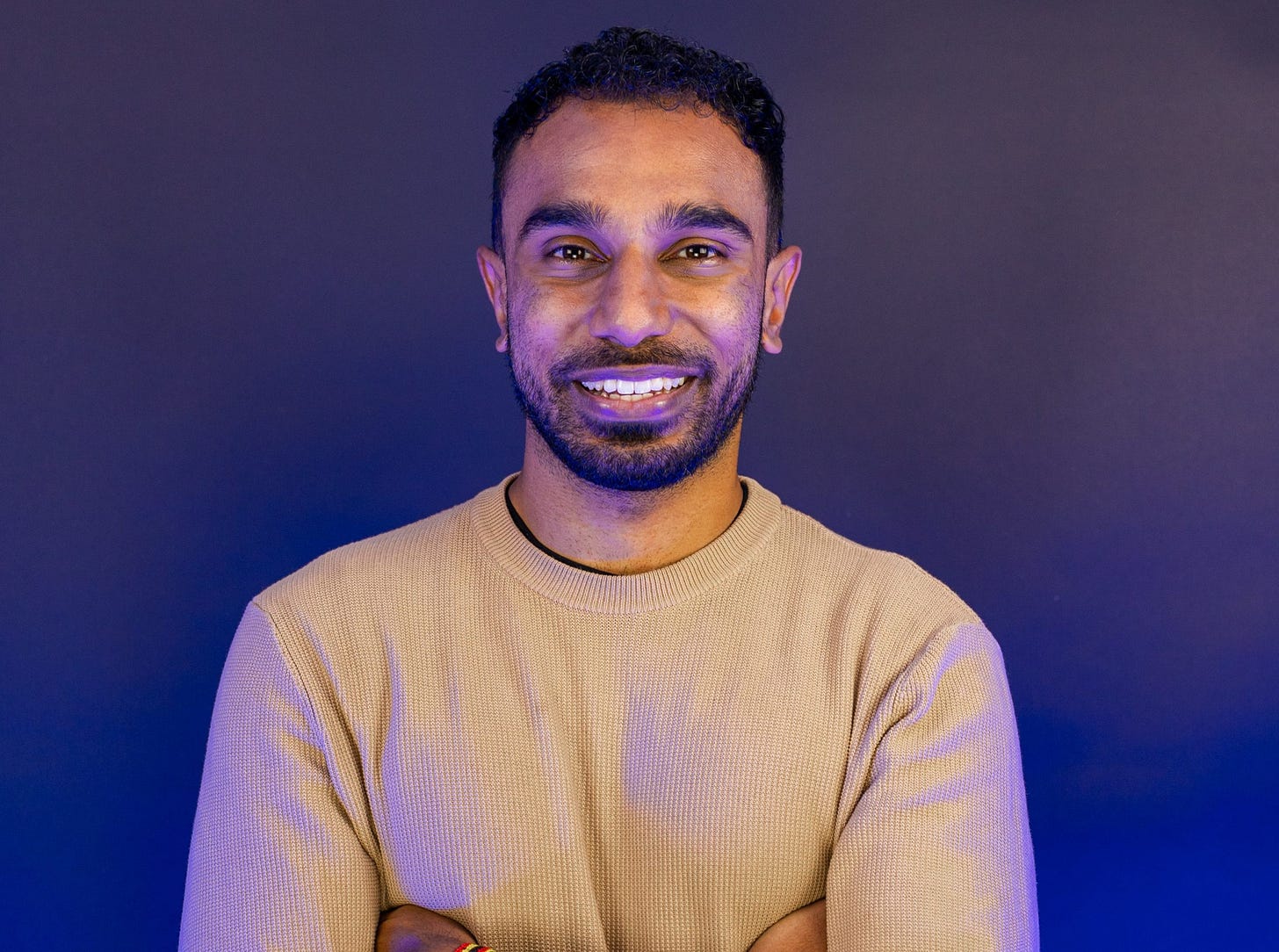This article is part of Fintech Leaders, a newsletter with almost 70,000 builders, entrepreneurs, investors, regulators, and students of financial services. I invite you to share and sign up! Also, if you enjoy this conversation, please consider leaving a review on Apple Podcasts or Spotify so more people can learn about us.
Benjamin Fernandes is the CEO & Founder of NALA, a global, cross-border payments company that helps customers send money in and out of Africa.
Founded in 2018, NALA today is profitable and has raised over $50 million from Accel, Acrew, Amplo, Bessemer, DST, and NYCA.
In this episode, we discuss:
Why NALA built their own infrastructure and stopped relying on local African banks
A critical pain point led NALA to build its own infrastructure: reliability. The reality for African fintech companies is that is that most banks are still operating on outdated technology. This legacy infrastructure isn't just inefficient; it's a security risk, leaving banks, and companies relying on them, vulnerable to frequent hacks they cannot publicly acknowledge for fear of customer panic and bank runs. When NALA scaled up, handling thousands of transactions a day, the cracks in these systems became glaring. Payment delays and failures from bank partners meant customer frustration was directed at NALA, not the actual banks at fault. Since this is clearly unsustainable, NALA decided to create its own B2B infrastructure to ensure reliable, fast transactions—something customers value enough to pay a premium for. Owning the backbone of your operations in Africa isn't just a strategic advantage, it’s a necessity for scalability and survival.
Challenges of going through a company pivot from local to cross-border payments
“So many companies pivot, but when you're going through it, you feel like you're a bad founder, you feel like you're unable, you feel like you didn't make good decisions before, and it's a process of learning all that together. And I think too many companies pivot too late.”
In 2020, NALA shifted from being a domestic payment service to focusing on cross-border payments, starting with remittances from the UK to Kenya. The pivot was anything but smooth: the company underwent layoffs, and some staff members quit, doubting the new direction. Benjamin admits that navigating this transition made him feel like a "bad founder," grappling with self-doubt and the fear of past decisions being flawed. However, he also recognizes that many companies pivot too late, dooming their future. By closely observing market patterns—such as the surge in international money transfers to Africa during the COVID due to travel restrictions—Fernandes made the tough call to pivot. The key takeaway? Pivots are inherently challenging and emotionally taxing, but they can be essential for survival and growth.
The important role that VCs can have on founders, positively and negatively
"I was really concerned about it. And I remember speaking to our board member that I spoke to Vlad [Tenev], and he's like, 'Hey, is this the first time this is happening? I was like, ‘yeah’. He's like, ‘Cool. Deal with it, but expect a lot more’. Hung up.”
Benjamin feels strongly about the dynamic between first-time entrepreneurs and VCs. More often than not, investors can have a more profound impact on the founders than they realize. During NALA's pivotal shift from local to cross-border payments in 2020, Benjamin reached out to his investors seeking support. Instead, he encountered a disheartening response: many didn't reply, while others suggested he consider a job at their portfolio companies or hinted at acquisition offers. Some outright dismissed his new direction, doubting the viability of competing in a space dominated by giants like Wise and questioning the potential of the African market.
These reactions had a profound negative impact on Fernandes during one of his lowest moments as a founder, exacerbating feelings of self-doubt. But as NALA began to flourish—achieving significant revenue growth and expanding into the U.S. market ahead of schedule—the same investors returned, eager to invest and claiming to believe in his vision. For Benjamin, the words and actions of VCs can deeply affect a founder's morale and strategic decisions. At the same time, supportive investors can be valuable and can empower rather than constrain.
How Benjamin’s background as a TV host led him to payments… and a lot more!
Benjamin began his career as a TV host at 17 when a local news presenter noticed he was a great speaker and invited him to try television. By 19, he had transitioned to national TV, covering big events like the Euros and the London Olympics in 2012. As platforms like M-PESA gained traction, his TV boss challenged him to enable TV subscription payments via mobile money—a project Benjamin undertook and successfully led in 2011. This project was the catalyst that exposed him to the payments world and taught him the importance of keeping users engaged.
Benjamin’s Reading Recommendations
Want more podcast episodes? Join me and follow Fintech Leaders today on Apple, Spotify, or your favorite podcast app for weekly conversations with today’s global leaders that will dominate the 21st century in fintech, business, and beyond.


























Share this post